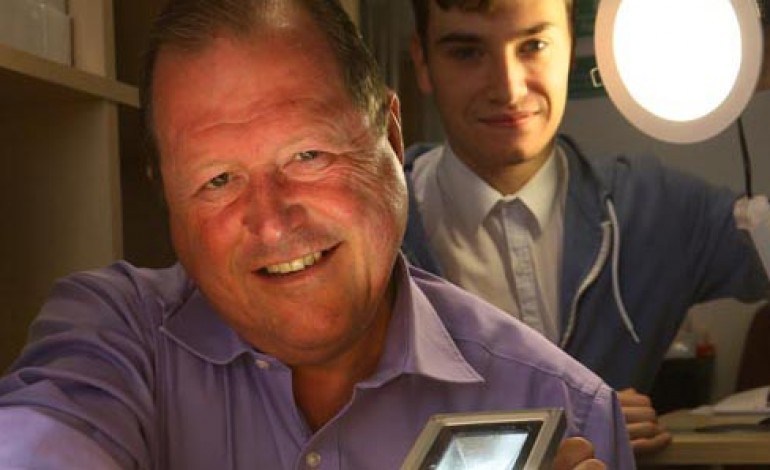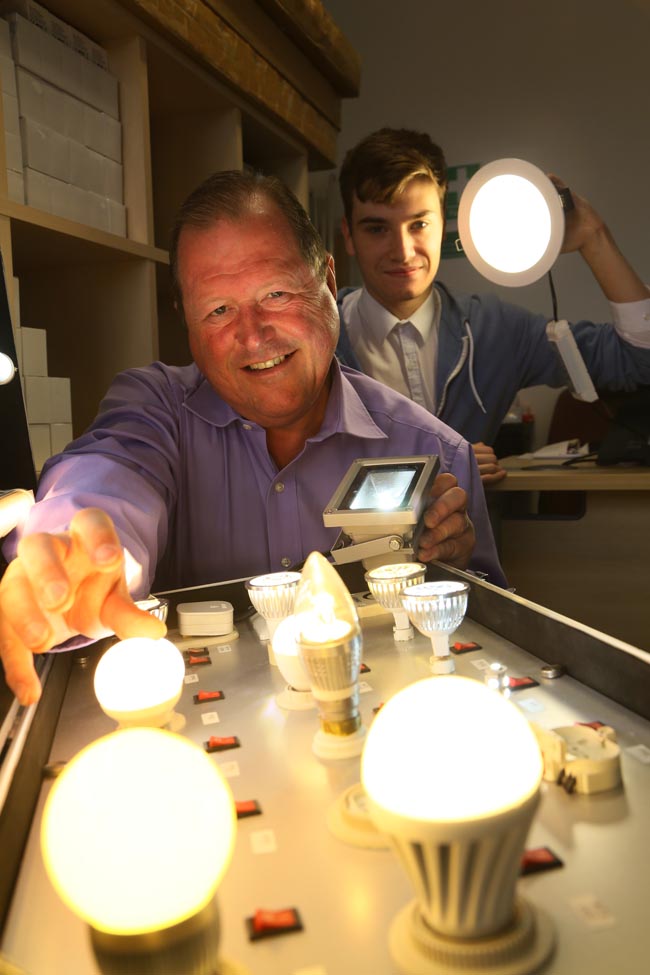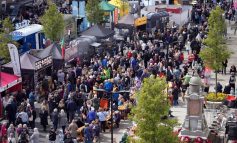The average UK homeowner could save as much as 90% on the cost of powering lighting in their property by switching to the most energy efficient light bulbs, according to research by Newton Aycliffe firm Big Energy.
However, due to outdated conceptions of energy efficient bulbs, many people are missing out on making sustainable savings on their electricity bills.
The research showed the average UK home has 17 light bulbs, the majority of which are 40w or 60w.
In such a home, with only 60w standard incandescent bulbs running for five hours per day, switching them all to 6w LED bulbs would bring the cost of lighting down from around £261 per annum to £26.
The LED bulbs also have a lifespan of around 30,000 hours, compared with 1,000 for the standard 60w bulbs.
Gordon Angus, director of Big Energy, said: “The long-term benefits of switching to the most energy efficient light bulbs are astonishing, with excellent returns on investment when you look at how much you save over the lifetime of the bulb.
“People think all energy saving bulbs are huge objects which take an age to light up and aren’t as bright as normal lighting.
“However, that is a very outdated view which is holding a lot of people back from saving money.
“When you consider the running cost of the LED bulbs is around 10% of that of a standard 60w incandescent bulb, and the fact that the lifespan is around 30 times longer, the switch is a great, sustainable way of saving money, even when you account for the higher cost of the bulb.”
Big Energy has offices in Newton Aycliffe and Houghton-le-Spring and works with businesses to reduce their lighting costs.
The LEDs are suitable for both domestic and commercial use, while Big Energy also provides energy-saving industrial lighting.
Gordon said: “I recently demonstrated at an event, with eight LED bulbs switched on for the duration of the five hour demonstration at a total cost of 2.8p.
“The response from those who witnessed it was one of surprise, not just because of the lower running cost, but because many people still have an outdated view of what LED energy efficient lights are.”









